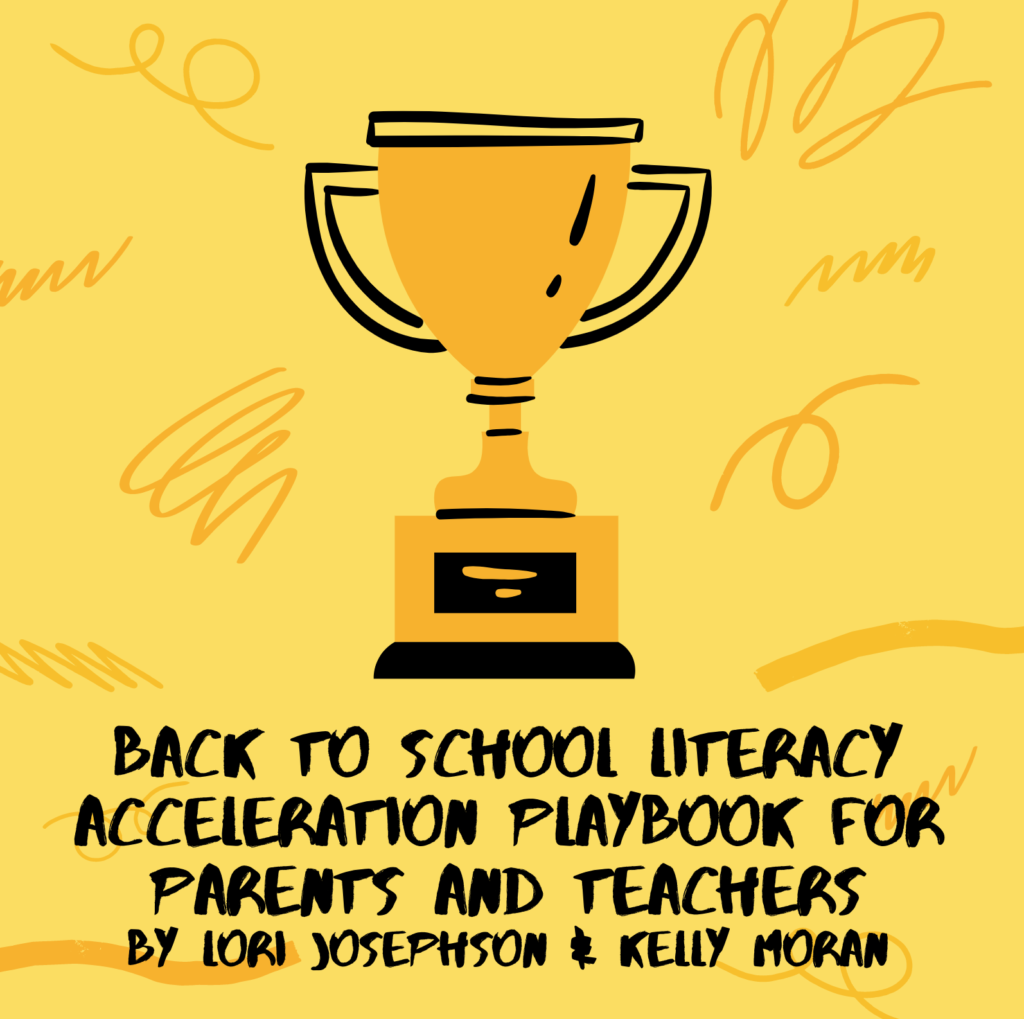This month, I ‘teamed up’ with my colleague and friend, Dr. Kelly Moran. We share our thoughts on what parents can do to foster their children’s literacy development by likening the approach to a coach’s involvement in each individual athlete, as well as the team. DO SHARE with other parents, as well as teachers, school administrative personnel, board members, and even pediatricians. Be a revered ‘Coach’ and read on so that you can follow the ‘Playbook’.
PARENTS AS “COACHES”

Win. Excel. Beat a personal best. These intentions comprise the mindsets of athletes. Even those who are not athletes know that in order to meet goals such as winning or surpassing a personal record one must practice, put in hard work, train, learn technique, and take feedback to help refine performance. In addition, athletes know that having a good coach is just as important as putting in the reps and having the proper equipment. In many instances having a skilled coach can be the determining factor in scoring the winning point in overtime. Just as players come to the game prepared with the proper footwear, rest, and hydration, athletic coaches come prepared with their knowledge, encouragement, and (arguably most importantly) their playbook. There are many parallels to athletic achievement on the field as there are to success in parenting. Parents want their children to experience success in academics yielding the same dopamine highs associated with winning a game or crossing the finish line. Moms and Dads want to motivate, inspire, and lead their kids to victory in all walks of life.
Image by Michael Kessel from Pexels
“There are many parallels to athletic achievement on the field as there are to success in parenting. Moms and Dads want to motivate, inspire, and lead their kids to victory in all walks of life.”
~Kelly Moran
The parent is really no different from an athletic coach. Both show up at the game site early, they mentally rehearse motivating quotes, and both stay up late preparing for the next day. What may be missing from the parent’s arsenal; however, is the coveted, confidential, and team or athlete-specific playbook. This priceless piece of “equipment” is the ultimate blueprint for success outlining the steps from start-to-finish, as well as possible adjustments for those instances in which an opponent calls an audible….much like when your child accidentally leaves the car door open overnight and the battery is dead the next morning.

So how does one begin putting together their playbook? The recent passage of legislation throughout much of the country has placed emphasis on Structured Literacy and the Science of Reading, thus alerting educators and parents with a critical starting point. Reframing literacy instruction and supporting students in their reading development is arguably one of the top priorities of the country’s current educational initiatives. Therefore, if you are reading this as a parent, put the dishes away, grab your clipboard and pen–and take some notes. Here are the top ten plays you should have in your Literacy Acceleration Parenting Playbook.
Image by Ekaterina Bolovtsova from Pexels
THE LITERACY ACCELERATION PARENTING PLAYBOOK – 10 Step Program
1. RECRUIT – Coaches are always working. During the offseason, they are scouting talent and recruiting the future playmakers for their team. They invest in the performers who are dedicated, skilled, and passionate. As a parent, you can recruit high quality literature, exposure to print, informational print to build your child’s background knowledge–and perhaps, most importantly, make time to read alongside your child. Be sure you are listening to your child read aloud, no matter their age. Certainly, the ravages of Covid opened the eyes of parents to their role as a ‘team player’ in terms of their children’s literacy development.
2. PRACTICE – Success in athletics can largely be attributed to the degree and amount of intentional and focused practice. A true athlete would never show up on a game day expecting a victory without putting in the reps first. Practice is all about repetition, being active in the daily routine, showing up with intention, and being dependable even when one doesn’t feel like it. Legendary coaches never skip practice for a meeting or phone call. They are in the action right alongside the players, often even disregarding the clear boundary lines that are strictly adhered to during games or matches. They are modeling, observing, taking notes, instructing, and giving feedback. As a parent, ask yourself how much of your day is spent doing household tasks such as packing lunches, taking out the garbage, or yard work versus how much time is spent next to your child helping them practice reading and spelling skills. Challenge yourself to be a visible reader, one who is always a part of the daily practice with your son or daughter. Make it your goal to engage in daily or weekly reading practice as a family.
3. HYDRATE – Serious athletes take nutrition seriously. Hydration is key not only to performance, but also to mental clarity. Coaches are extremely mindful of how hydration is linked to biochemics and physical efficiency. Planning and preparing for water breaks is a key element of the playbook. As a parent, make sure that you are refueling and pre-fueling your team with the proper and most hydrating sources of literature. Ensure that books are easily accessible and of high quality and interest. Keep books in your car, in a bin on the back porch, and next to the couch for easy access. While we are talking about hydration, be sure you are sending your kids to school with a full belly and a nutritious lunch. Kids do not possess mental clarity, nor can they learn optimally if they are hungry, thirsty, upset, or lacking easy access to print.
“Kids do not possess mental clarity, nor can they learn optimally if they are hungry, thirsty, upset, or lacking easy access to print.”
~Lori Josephson
4. FUNDAMENTALS – Youth skills camps exist for a reason, which is why you’ll often find coaches devoting their offseason to working with the future generation of players. No one expects to make a “hole in one” the first time they pick up a seven iron or nail a flip turn the first time they swim the backstroke. Parents need to start small in order to accomplish big wins. Identify which basic and important skills need mastering and then narrow the focus. Consider the age of your child and what would make the most sense to target. Ask questions of the teacher and/or principal. Specifically ask for the scope and sequence of skills that will be covered, even for just a month at a time. Should you be practicing letter names, or blending sounds together? Is your child working on word recognition of high frequency words (both phonetic and non-phonetic words), working on reading smoothly (AKA: fluency), segmenting sounds to practice spelling, and/or studying etymology (AKA: word roots and origins) to expand vocabulary? Practice and refine—then layer on new skills.
5. STUDY YOUR OPPONENT – Serious athletes and their coaches are always “eyeing up the competition.” They know who they are competing against and know the strengths and weaknesses of the individual or team. You cannot overcome barriers if they remain blindspots. Just as athletic coaches study the performance of competitors, a parent needs to study the environment to know where the pitfalls exist. What are the obstacles in your home and how can you be prepared on both offense and defense to address them? Is watching television the ‘go to’ activity while you are preparing dinner because it is an easy choice to occupy the kids? Try an audio book on a speaker in the kitchen instead! Ask your kids to come in and listen while you cook. As the parent, it is up to you to get to the root of the problem(s) and take the first step in preparing for stronger performance.

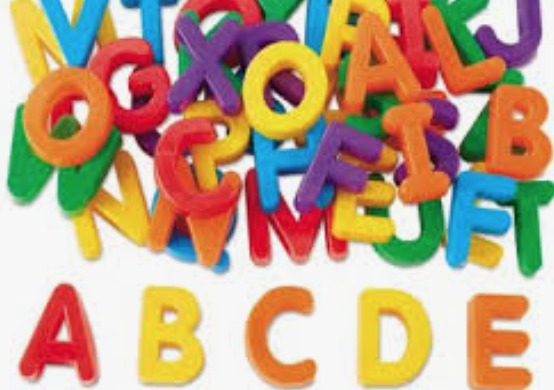
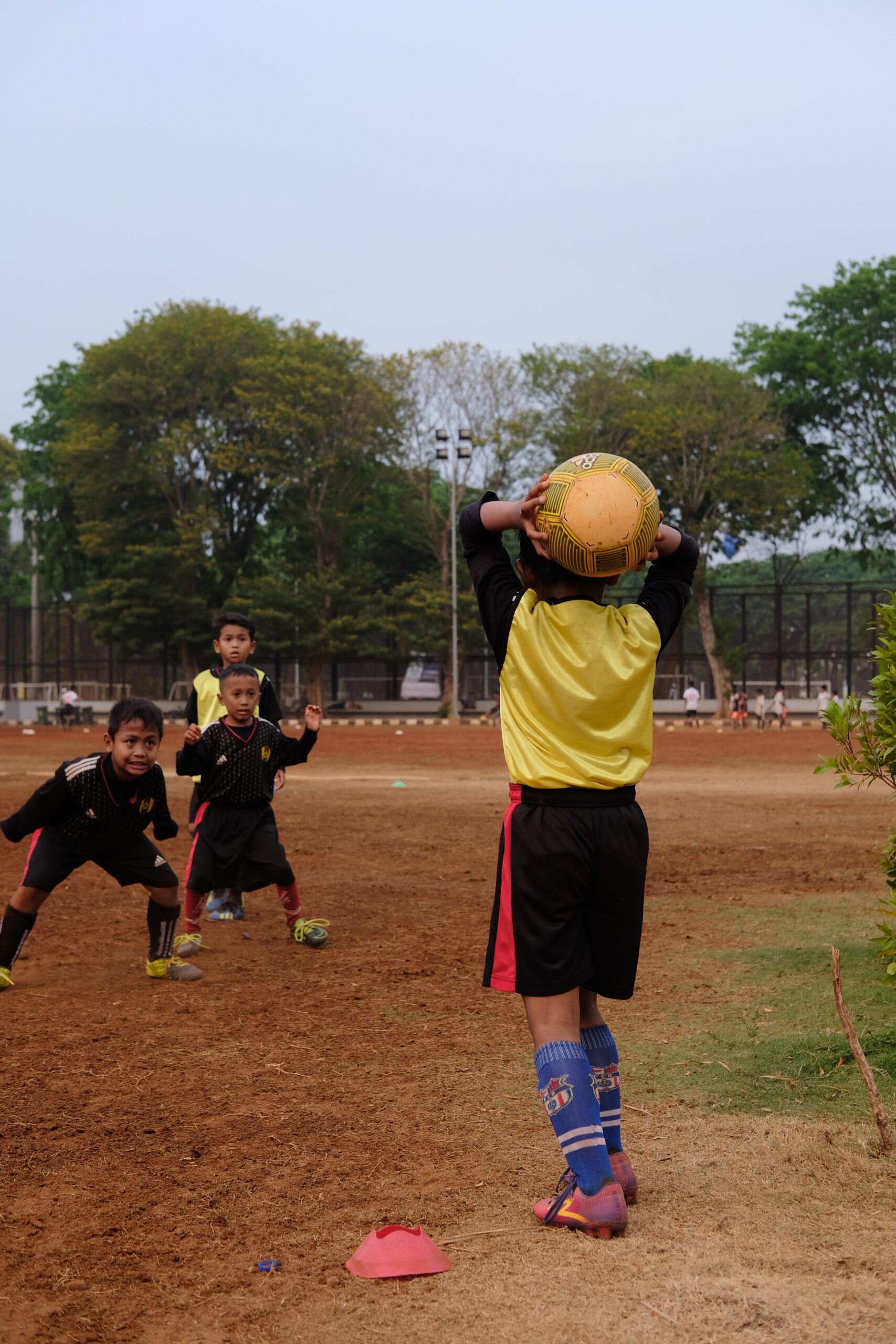

6. WATCH FILM – Often in education, the players and coaches methodically and perhaps even subconsciously keep moving forward. Sometimes seemingly robotic (and likely sleep deprived), the parent moves to do the very next thing, start the next day, or go to the next activity giving little thought to anything else. They appear tied to the work and school schedules. Athletic coaches remind us of the power of reflection. Before moving to the next game or practice, they pause and devote time to study game film. They reflect on highs and lows studying performance, considering what could have been better and what to do differently the next time around. As the parent, ask yourself where the time for debriefing is, when is the reflection time scheduled for, and whether or not you provided feedback to your child recently. Are there routines in place for listening to your child read and asking about what books they are interested in?
“As the parent, ask yourself where the time for debriefing is, when is the reflection time scheduled for, and whether or not you provided feedback to your child recently.”
~Kelly Moran
7. CELEBRATE SMALL VICTORIES – Respected coaches are those who are able to step away from relentless skill drills at times to embrace joy, fun, and celebration. Coaches leading by fear and punishment create players who become resentful and burned out. Parents should also find time to motivate, encourage, lift up, empower both their children, school employees, and the school community. If you don’t celebrate along the way, parenting can begin to feel like drudgery, and children lose the purpose for working hard to experience wins. Celebrate small victories to keep momentum high. This will yield continued excitement for reading and keep your child ready for academically challenging situations.
8. KNOW YOUR STATS – Author and acclaimed management consultant Peter Drucker reminds us that “you can’t improve what you don’t measure.” When you think about it, there’s really no surprise as to why coaches always carry around a clipboard…they are compiling data on every aspect of the game and player performance. They can often recite their athlete’s stats from memory. They know these stats because they also know with crystal clear clarity the exact goal they are working toward, and how close or far away from that goal they are at any given point in time. Parents should also engage in goal setting whether it is minutes per day or books per month. Track your reading progress as a family to promote growth and goal attainment.
9. GET IN THE GAME – Masterful coaches take real action. One cannot win if he/she isn’t actually in the game. Ever notice how a coach is so close to the boundary line that they risk getting a penalty from the umpire or referee? Experienced coaches know that to be the best leader they can be, they need to be as immersed in the activity alongside their players as possible. This is also why coaches “dress the part.” Although they aren’t permitted to actually physically perform on the field or course alongside their athletes, they dress in a way showing their team they are “in the game” right alongside them. Coaches are often the first one to show up on game day and the last one to leave. How are you demonstrating to your family that you are “in the game” of reading? What was the last book you read and did you tell your kids about it? What are you reading or listening to as a family? Do your children see you writing or keyboarding to communicate with others in a more meaningful way than simply sending texts or perusing FaceBook?
“How are you demonstrating to your family that you are ‘in the game’ of reading?“
~Kelly and Lori
10. WATCH THE CLOCK – In close games or matches, the coach will always be alert to watch the clock, and will know after each play exactly how much time remains. A winning coach makes bold moves with little time remaining. They rely on expertise, experience, and composure to make decisions. They are strategic in every way. Each school year your child has contains only 180 days. Therefore, the clock starts now. What action are you going to take and what decisions will you make while the clock ticks down to bring your young reader to victory. Game on!


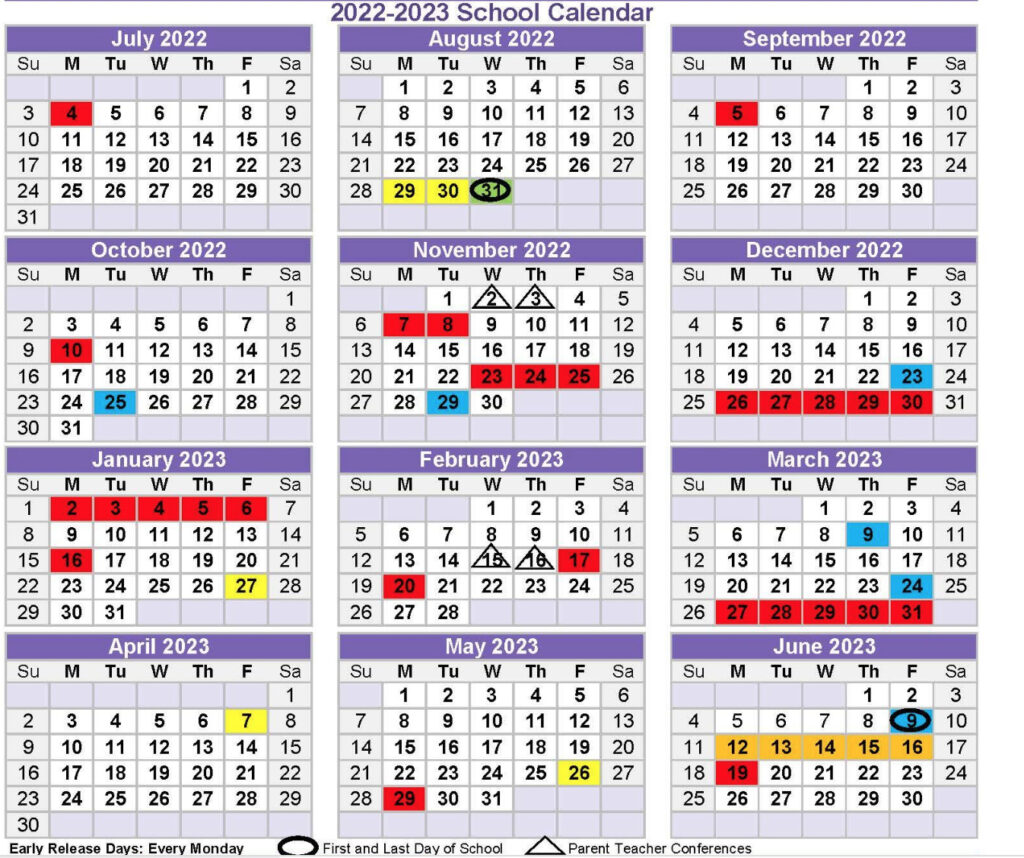

Afterthought: Like Kelly, I have often thought about the parallels to mastering a sport when teaching literacy to my students. Let’s use soccer (AKA ‘football’ for a minute:
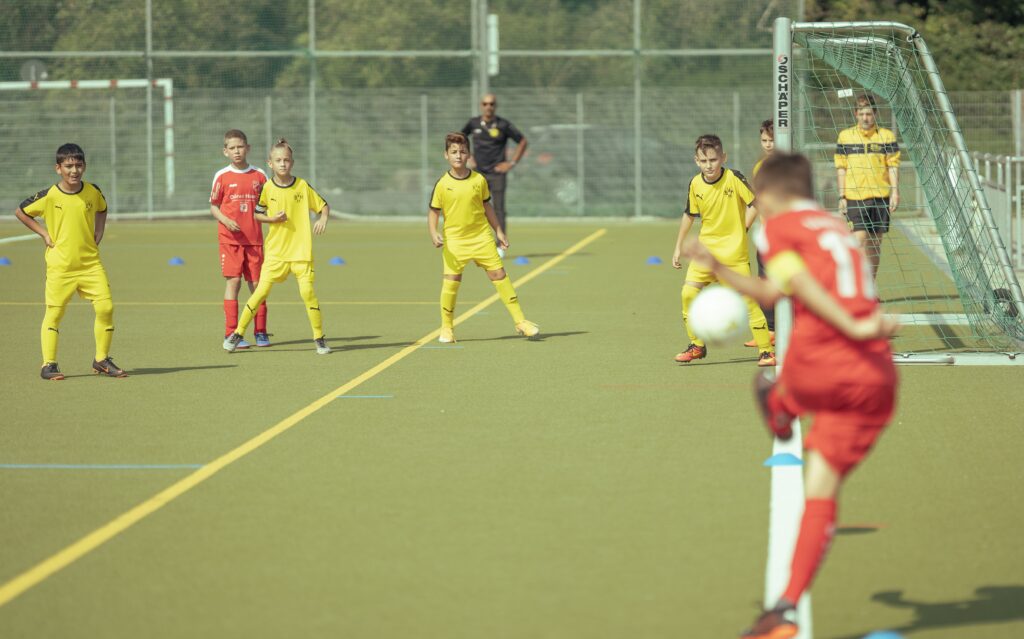
‘Foot Skills’ can be compared to learning the sound/symbol correspondences and letter names, as well as the correct way to hold a pencil or writing utensil and learning appropriate letter formations.
‘Practicing’ can be compared to blending and segmenting phonemes (sounds), or reading decodable books, recognizing high frequency words (and spelling them as well).
‘The Game’ can be compared to actually reading connected text with fluency and comprehension (requiring appropriate vocabulary skills/background knowledge), as well as composing text (writing a ‘story’ or ‘report).
Image by Omar Ramadan from Pexels
Hard to ‘play the game’ without foot skills and practice—don’t you agree? Share your thoughts and share this piece with others, including school Administrators and Board Members.

Co-Author bio: Dr. Kelly Moran is the Director of Instructional Programs for the Educational Service Center of the Western Reserve. Her past experiences include serving as Director of Curriculum, Federal Programs Coordinator and Elementary Building Principal. She is an Adjunct Professor at both Lake Erie College and John Carroll University both located in northeast Ohio. Her doctoral degree is in K-12 leadership from Youngstown State University. She is also the mom of two elementary age developing readers.

